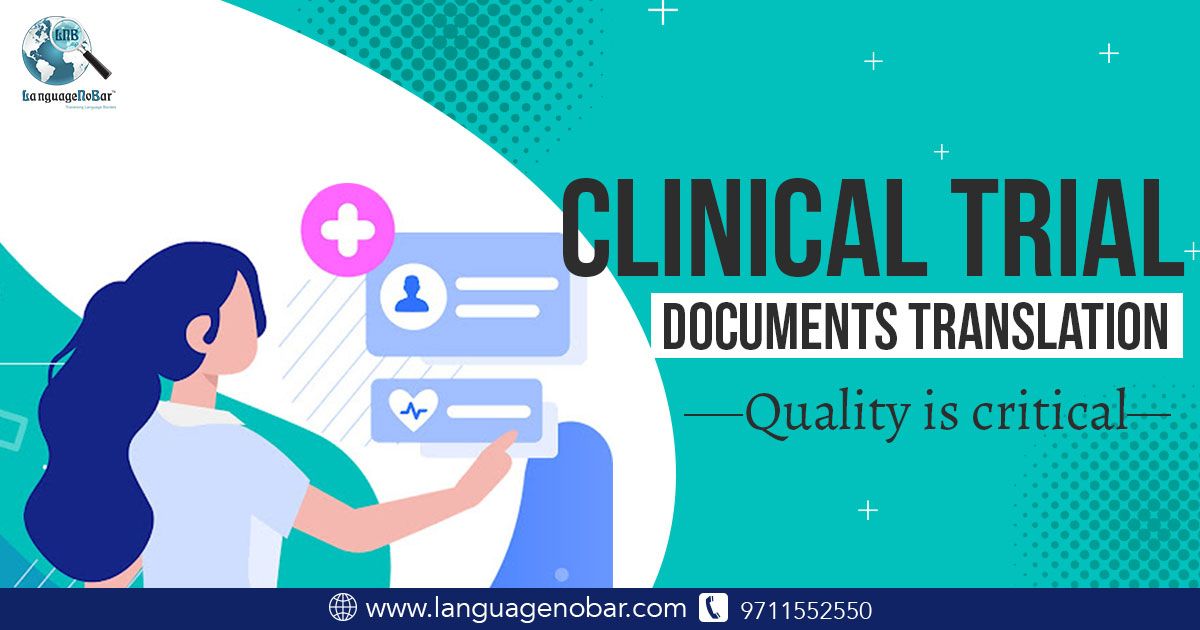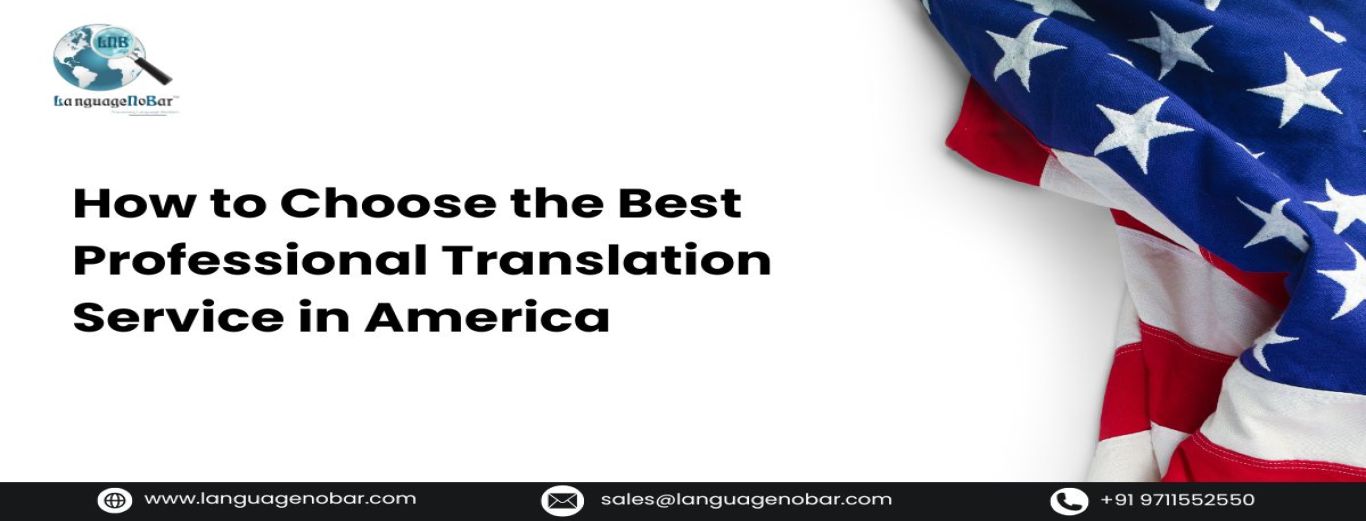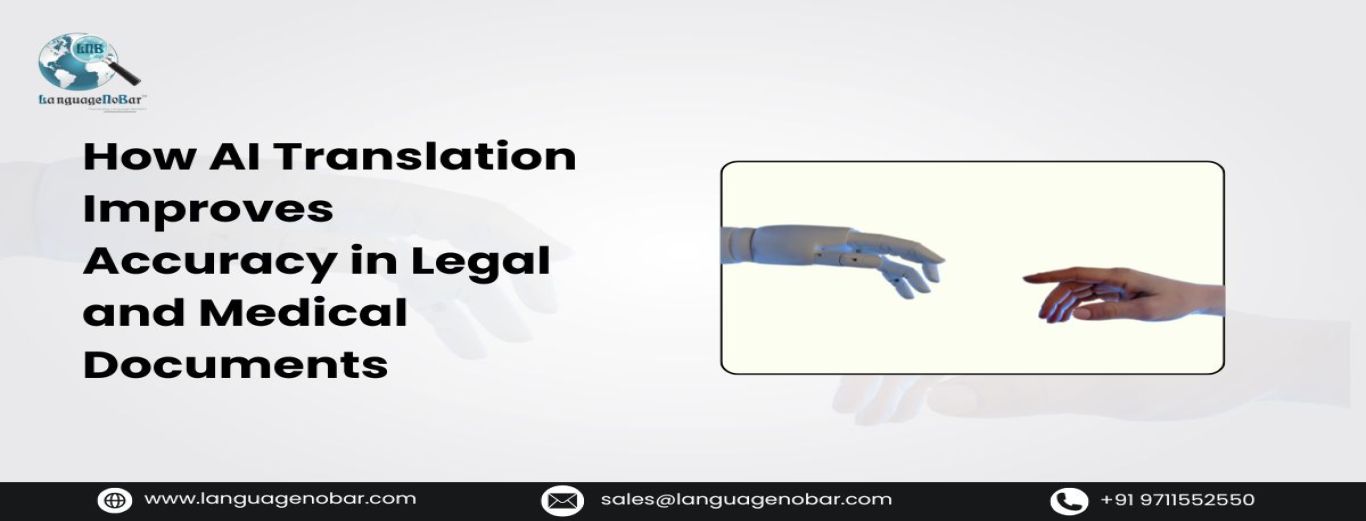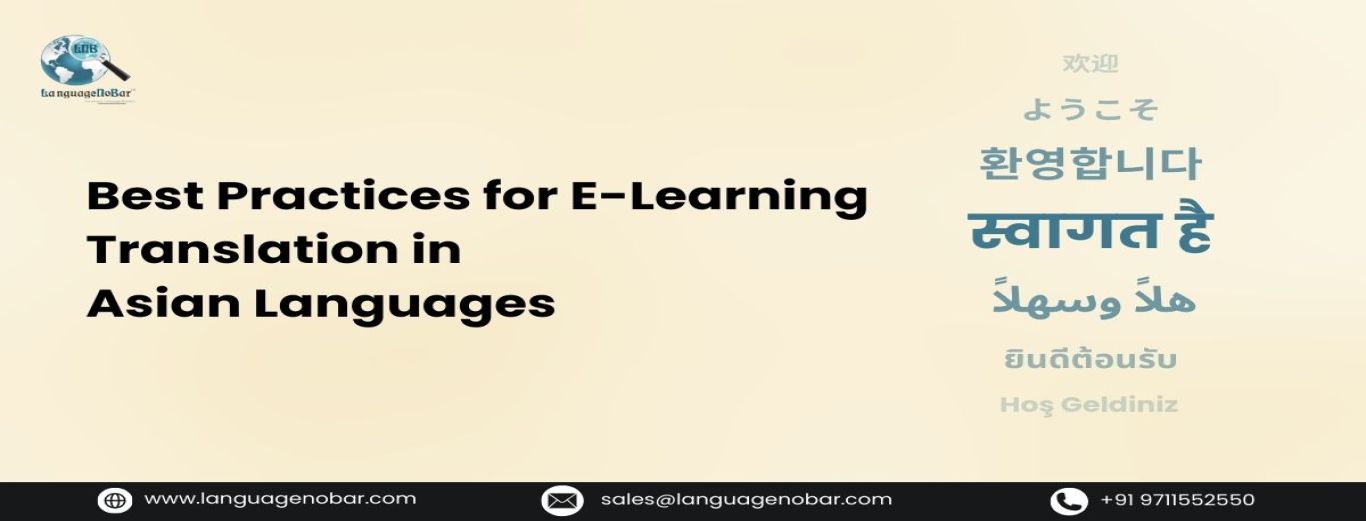Translation of clinical trial documents - a very important and integral part of clinical trials
- App Localization Testing Services
- Comments (0)
World Health Organization (WHO), describes clinical trials as a research study that potentially assigns human participants or groups of humans to one or more health-related involvements to assess the effects on health outcomes.
In recent years there has been significant growth in the number of clinical trials done around the globe. The clinical trials have specific regulations validating their authenticity. Any confusion or misunderstanding of the same could entail serious repercussions like endangering human life or huge economic and credibility loss. With the growing frequency of performing clinical trials and research studies all around, the pharmaceutical companies, medical device manufacturers, and Clinical Research Organizations (CROs) need precise translations of a wide range of documents and other materials from/into the languages of the locations where the trial or research takes place. Therefore, clinical trial translation is very essential and integral part of clinical trials.
Clinical trials are vital for medical advancements but these advancements could not be at the cost of participants' lives. Translation of clinical trial protocols (CTPs) and other guidelines in the language better understood by the participants is necessary. Also, the translations of the clinical trial documents are important for the staff and other members to ensure that the guidelines are properly understood and followed. The gravitas of translations of these forms and documents in clinical trials cannot be emphasized enough. The most common but significant documents that are needed to be translated are:
Clinical Trial Protocols:
Clinical Trial Protocols or CTPs lay the foundation for the plan regarding the trial’s objectives. It includes the organization and design, methods, and statistics-keeping. The CTPs must be crystal-clear in their language so that all participants, including the trial subjects, have a clear understanding, and there is no ambiguity about any aspect of the trial.
Patient questionnaires:
Any mistranslation on this critical document could lead to falsely ruling out people who are truly eligible or allow ineligible people to take part in the trial. Appropriate translations of patient questionnaires are crucial to ensure that everyone in the trial has met the mandatory conditions.
The Consent Forms:
This is one of the most important clinical trial documents. Informed consent forms are documents that include details such as - person’s consent to take part in the clinical trial, rights, and responsibilities of the participants, precise descriptions of the study, details about the procedures and medications that will be involved, the purpose of the trial, potential benefits, and risks, any available alternative treatments or competing studies, and a declaration of voluntary participation.
Patient Records:
Most of the times patients are not sure or truthful when reporting their current medical conditions or the medication they are taking. That’s why most trials require their treating physicians to provide up-to-date medical records. And if those records aren’t in the researchers’ native language, they require accurate translation to ensure complete safety and precision.
Adversarial Reports:
In the case of an adverse event, the reports play a crucial role in avoiding detrimental consequences. Not only for the success of the trial but also in avoiding any situation where the participants' lives could be at risk. Accurate clinical trial translations that consider the linguistic tinges that patients might use to describe discomfort are critical to achieving the study’s ultimate purpose that is saving lives.
All these documents are decisive in a clinical trial going unhinged and being successful. Many times, the translations are required to go beyond technicalities and subject terminologies to make the document easily comprehensible for the volunteers. While most of the time the clinical trial translation is done for the scientists, doctors, or other medical professionals, but the participants and other volunteers are the biggest stakeholders in this. Therefore, rather than sticking to translation norms or medical content, the translations may be required to deduce the content into layman terms.
While it may sound alluring to conduct a clinical trial without complete translation, it is the wrong course of action to take. Evading appropriate translation of clinical trial documents to decrease the cost or time spent on a trial can cause a detrimental outcome to the trial. Translation services should be employed at multiple stages of the trial, involving clinical research, regulator submission and review, production, and marketing. By refining your trial’s eminence with translation services can save more time and money than skipping this important step. Plummeting the chances of facing a lawsuit or rejection by regulators are two more benefits of using a qualified translation service.
Therefore, at LanguageNoBar- the leading translation service provider of India, the translation of clinical trial documents is handled by the experts of the domain. Our medical translation experts are highly qualified and experienced in the field. We provide the most impeccable clinical trial translation service and much more at the most competitive prices.
Related Blog :
All You Need to Know About Software Localization
Life Sciences Translation Services in India-Gaining Momentum
5 TIPS TO GET YOUR SURVEYS TRANSLATED PERFECTLY FOR THE MARKET RESEARCH INDUSTRY







